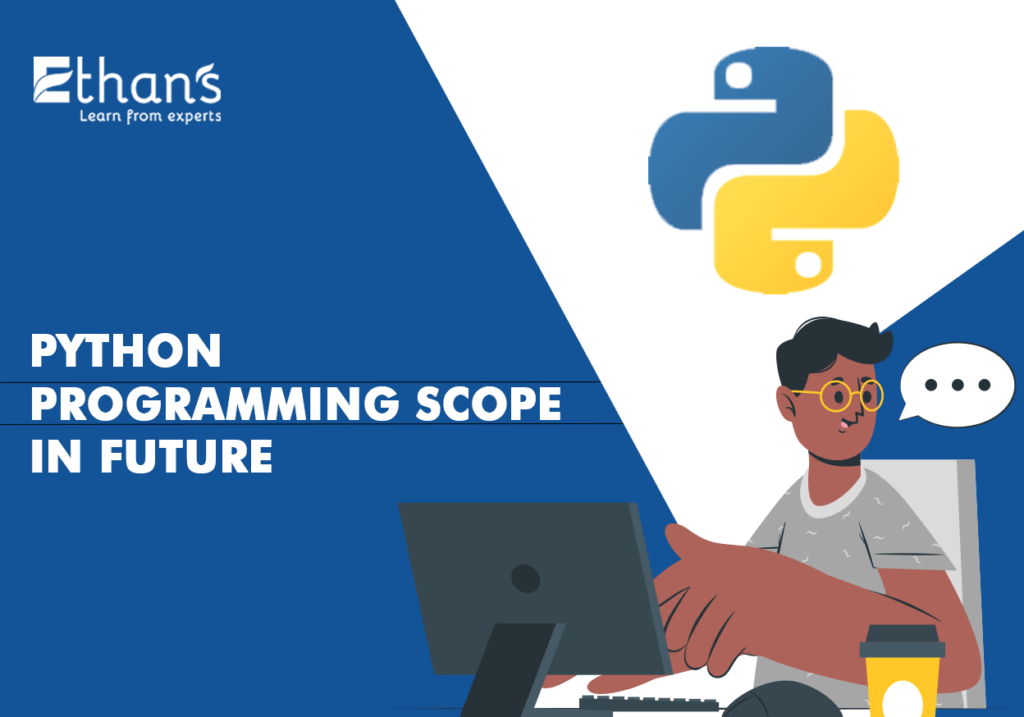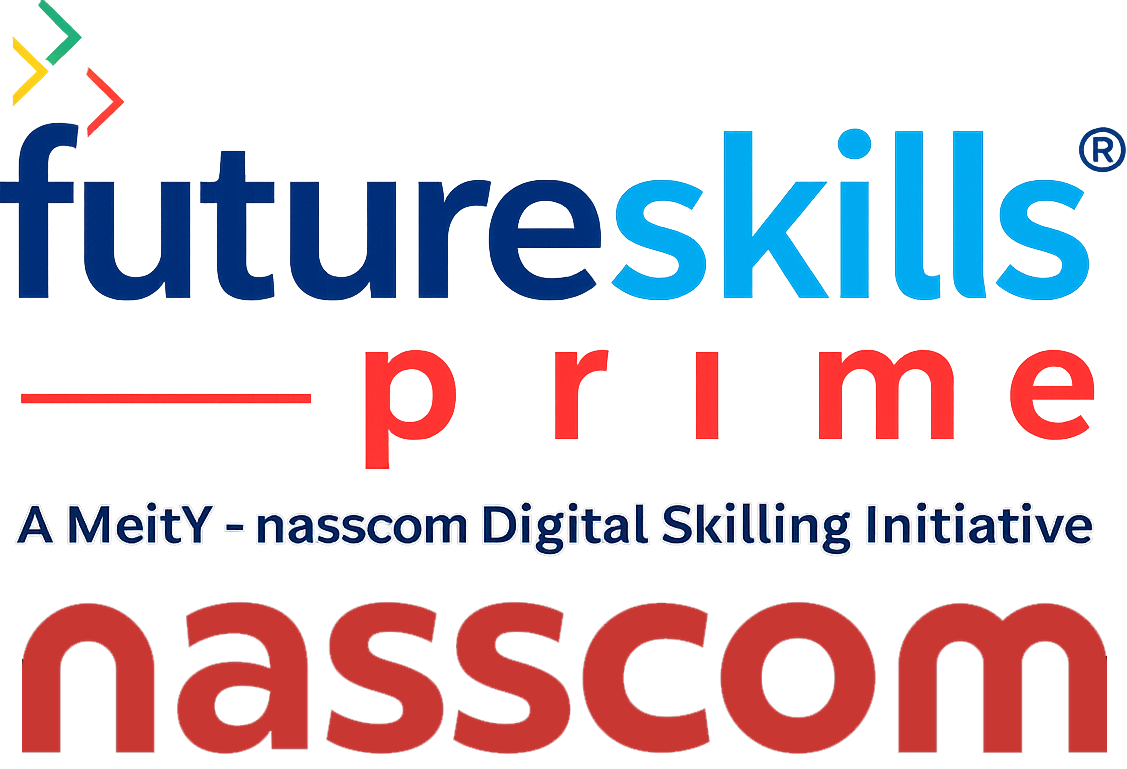In the ever-evolving landscape of technology, certain skills stand out as indispensable assets for professionals seeking a successful career trajectory. Among these, Python programming shines as a beacon of opportunity, offering a multitude of advantages and a promising future. As we delve into the scope of Python programming in the years ahead, it becomes evident that its relevance and demand are only poised to grow.
1. Ubiquity Across Industries
Python’s versatility and ease of use have led to its widespread adoption across diverse industries, including but not limited to software development, data science, artificial intelligence, web development, scientific computing, finance, cybersecurity, and education. Its extensive library ecosystem, encompassing frameworks such as Django, Flask, TensorFlow, Pandas, NumPy, and Scikit-learn, empowers developers and data scientists to tackle a wide array of challenges efficiently.
2. Dominance in Data Science and Machine Learning
In the realm of data science and machine learning, Python has emerged as the de facto language of choice. Its intuitive syntax, coupled with powerful libraries like Pandas, NumPy, Matplotlib, and Scikit-learn, streamlines the process of data analysis, visualization, and model development. As organizations increasingly harness the power of data-driven insights, the demand for Python-proficient professionals in data science and machine learning roles continues to soar.
3. Growth in Web Development
Python’s web development frameworks, such as Django and Flask, facilitate the rapid creation of robust and scalable web applications. With Django’s emphasis on simplicity and flexibility, coupled with Flask’s minimalist approach, Python empowers developers to build dynamic web solutions with ease. As the demand for web applications surges in tandem with the digital transformation of businesses, Python’s role in web development is poised to expand further.
4. Expansion in Artificial Intelligence and Automation
Python’s role in artificial intelligence (AI) and automation is burgeoning, driven by its extensive support for AI libraries and frameworks. From natural language processing (NLP) with NLTK and spaCy to deep learning with TensorFlow and PyTorch, Python provides the building blocks for developing sophisticated AI solutions. As industries increasingly embrace automation to enhance efficiency and innovation, Python’s prominence in AI and automation is set to grow exponentially.
5. Accessibility and Community Support
One of Python’s greatest strengths lies in its accessibility to beginners and seasoned professionals alike. Its clear and concise syntax, coupled with comprehensive documentation and a vibrant online community, lowers the barriers to entry for aspiring programmers. The wealth of tutorials, forums, and open-source contributions fosters a collaborative environment where knowledge sharing thrives, further cementing Python’s position as a go-to language for developers worldwide.
6. Integration in Education and Research
Python’s simplicity and readability make it an ideal choice for educational institutions and research organizations seeking to introduce programming concepts and conduct experiments. Its versatility extends to fields such as computational biology, astronomy, physics, and social sciences, where Python serves as a bridge between domain expertise and computational analysis. As academia continues to embrace Python as a tool for innovation and discovery, its role in education and research will only strengthen.
7. Adaptability to Emerging Technologies
As emerging technologies such as blockchain, quantum computing, and the Internet of Things (IoT) gain traction, Python’s adaptability ensures its relevance across a spectrum of cutting-edge domains. Whether it’s developing smart contracts on blockchain platforms, orchestrating IoT devices with Micro Python, or exploring quantum algorithms with Qiskit, Python empowers developers to explore the frontiers of technology and drive innovation forward.
Final Thought
In conclusion, the scope of Python programming in the future is exceptionally bright, driven by its versatility, simplicity, and robust ecosystem. As industries continue to embrace digital transformation and innovation, Python’s role as a foundational technology will only strengthen, opening doors to diverse career opportunities and exciting possibilities in the years to come. For aspiring professionals and seasoned veterans alike, mastering Python programming is not just a choice—it’s a strategic investment in a future-proof skill set poised for enduring relevance and success.





